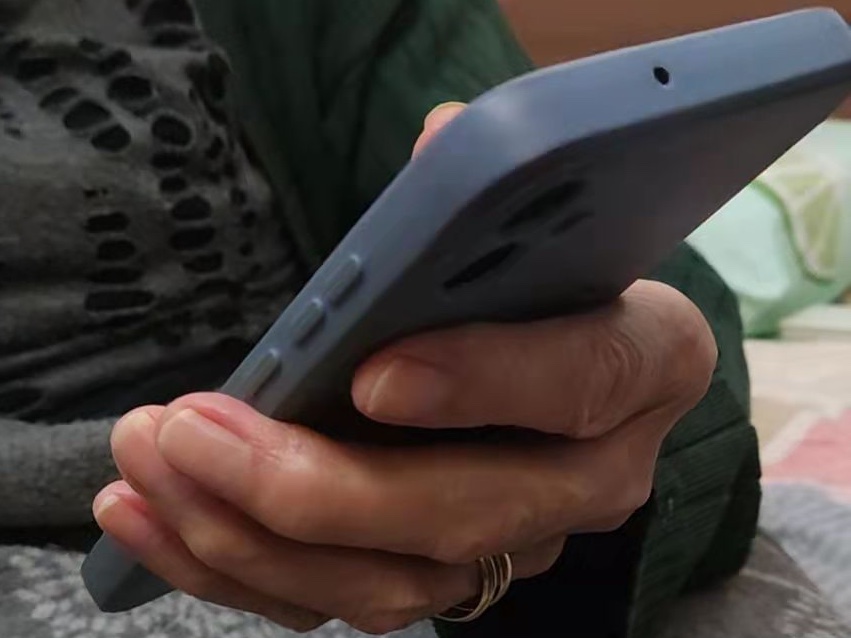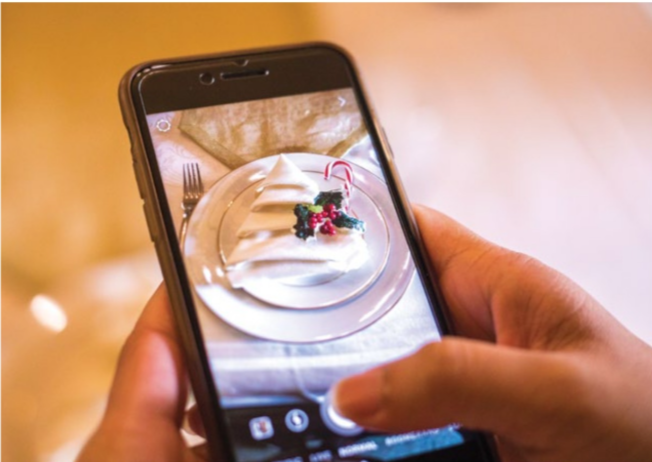
Macau Business | April 2024
Keith Morrison – Author and educationist
Like many inventions, the cellphone is a blessing and a curse of our times. Consider these observed examples of what happens when families get together for a restaurant meal, e.g. Chinese New Year, mid-autumn festival, and so on. ‘A nice idea’, you might think, but see if the following real-life events are your experience.
Which is more important, a child or a cellphone? Two parents and their young child (four or five years old) were dining in a local Macau restaurant. ‘Very nice to see a family together’, you might think; but wait. The parents were ‘on their cellphones’, ignoring him. Like the baby in the celebrated ‘still face experiment’ by Edward Tronick and his associates in 1975, the young boy tried a range of actions to attract his parents’ attention, making loud noises, swinging on furniture and doors, running around, approaching strangers, and so on. Did it work? Not really; when he made so much noise as to distract his parents, they scolded him and then went back to their cellphones. Shameful, negligent role models.
Which is more important, your partner or a cellphone? In another Macau restaurant there was a young couple. Were they engaged with each other, and conversing? No; they were preoccupied with their own cellphones.

Which is more important, your grandma or a cellphone? In another Macau restaurant was a family with their elderly grandma. A nice treat? Well, no. In a society that supposedly espouses respect for the elderly, what happened? The family members, when they were not shouting at each other across the table, spent the time on their own cellphones, even when eating, whilst grandma, phoneless, sat still and silent, looking around the restaurant, alone, bored, and waiting for contact that never came. What neglect. Next time you are in a restaurant, look at groups of people and count how many are on their individual cellphones.
Which is more important, your workplace colleague or a cellphone? How many times a day does a colleague come to you, then their cellphone sounds to indicate that a message or a call has arrived, so everything stops whilst your colleague answers it. You are left sitting there, useless, waiting until your colleague has the graciousness to continue talking to you. The message? You take second place to an object. I fume silently but patiently each time this happens to me. Nor am I impressed when people tell me that this is in case there is an emergency, or that this is modern day society, so get over it. No, it’s not society at all; it is individuals engaged in obsessional subservience to an object, in which instant accessibility and immediate gratification push human, face-to-face interaction down the pecking order. How many times each day does this happen to you?
Which is more important, a life or a cellphone? Despite recent government legislation on jaywalkers and the ban on looking at your cellphone whilst crossing the road, I tire of still having to swerve my car to avoid some stupid, yes stupid, person stepping into, or walking along, the road with the road sense of a drunken ant, fixated on their cellphone. So I blare my car horn for many seconds, which makes them jump, freeze, or give me a sour scowl, which satisfies me hugely.
I don’t know if the downside of cellphone usage is simply evidence of an inability to break out of Pavlovian behaviourism applied to humans rather than to salivating dogs, or humans’ selective negligence as a feature of learning, or their moral ineptitude in treating people as less important than a piece of equipment, or whatever. Cellphone addiction instances humans’ inability to cope with a modern-day siren song; a clear example of dependency and the fallout from a refashioned 1960s dangerous hallucinogen.
One would have thought that the findings of research on dysfunctional human behaviour and its causes and outcomes, even if one reaches back only a few decades, would have impacted on families, interpersonal behaviour, workplace relations, and road sense, but apparently not. Humans have a marked inability to learn when it matters.
The cellphone instances the poet Yeats’s words, when commenting on another event, writing that ‘a terrible beauty is born’. How is it that cellphones have brought not only benefits barely imaginable a generation ago, but have powered up preventable social decline? Is this really the best that Macau can do for its values and claims of community and concern for society?
























